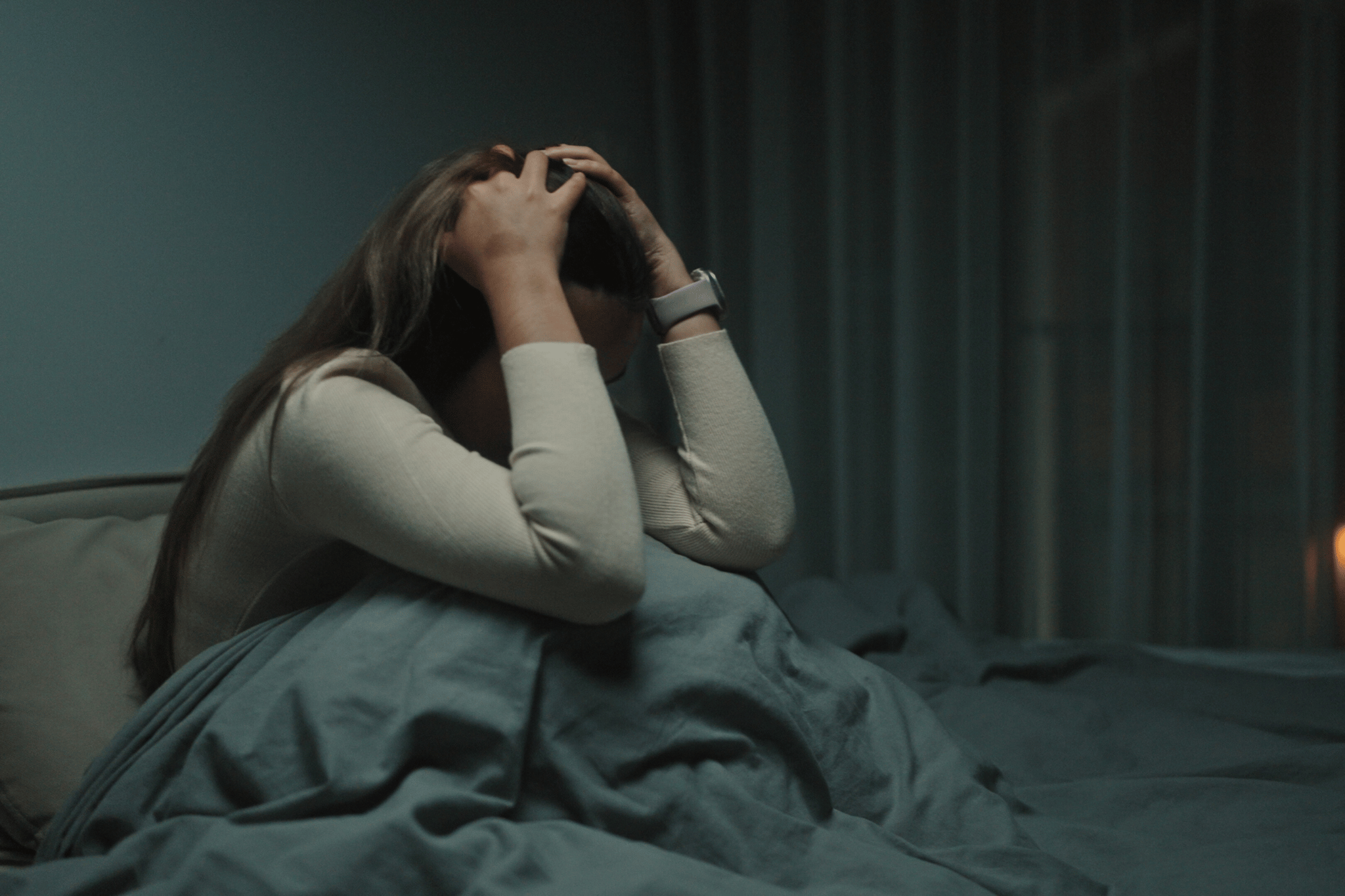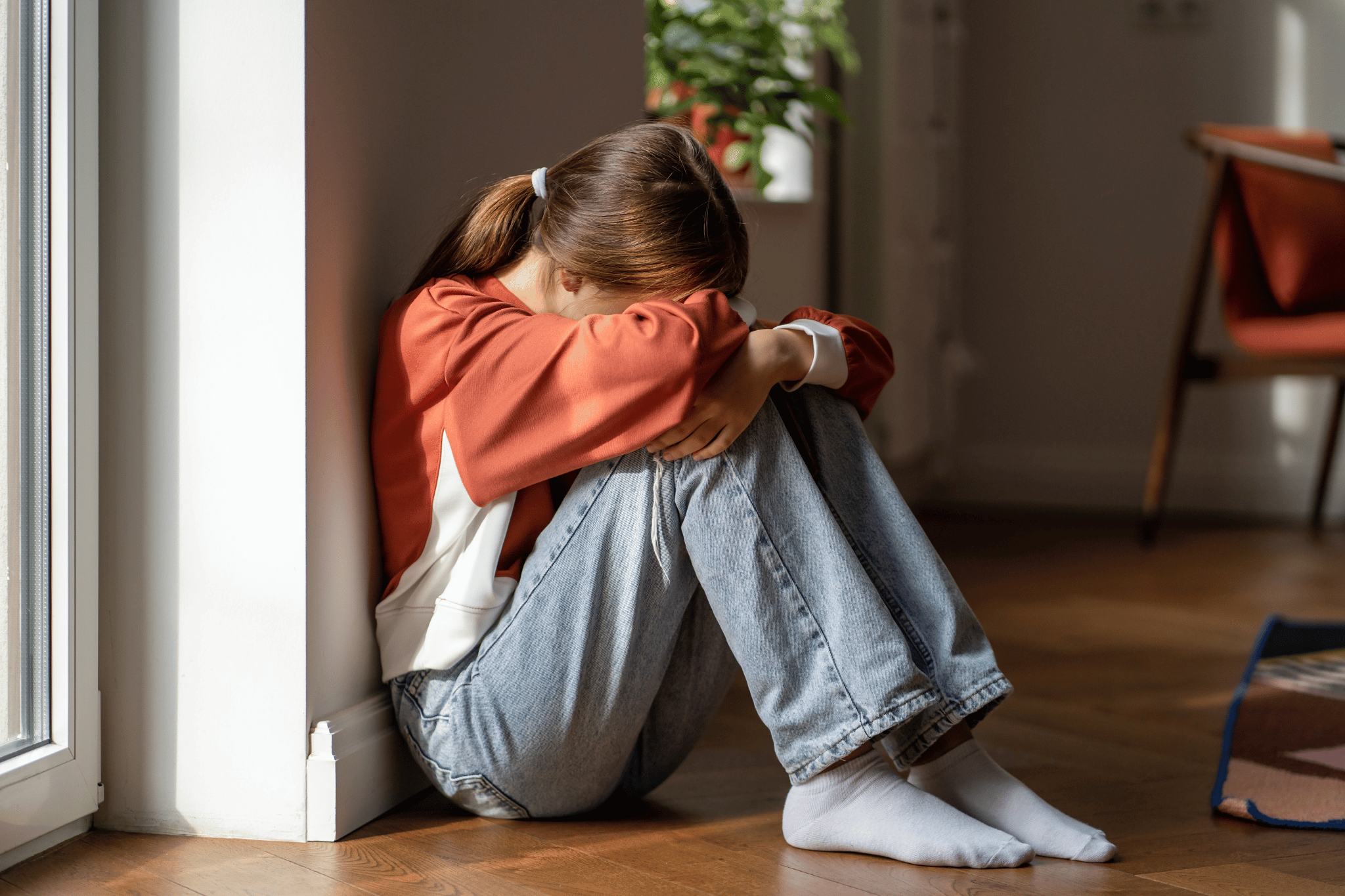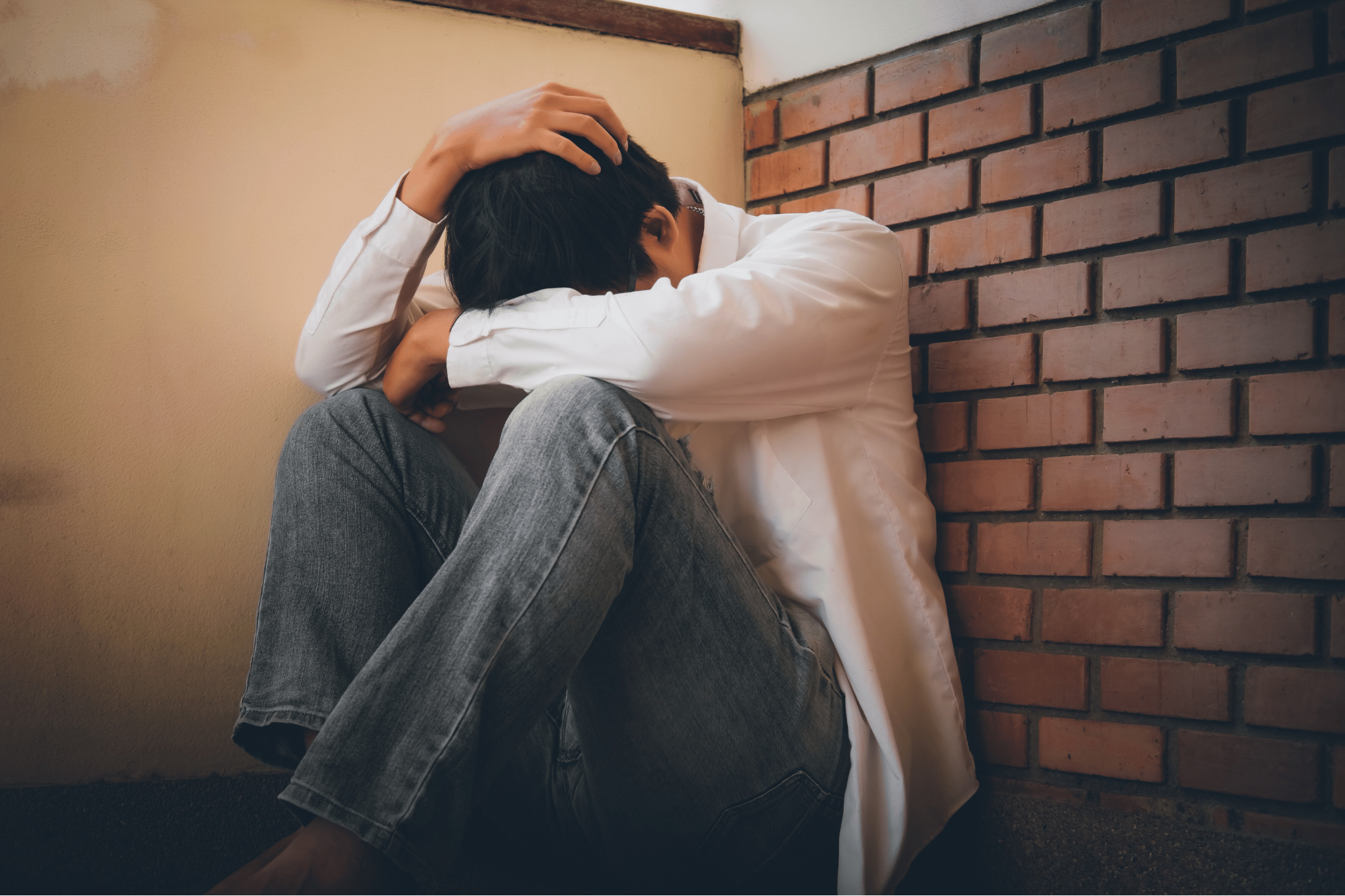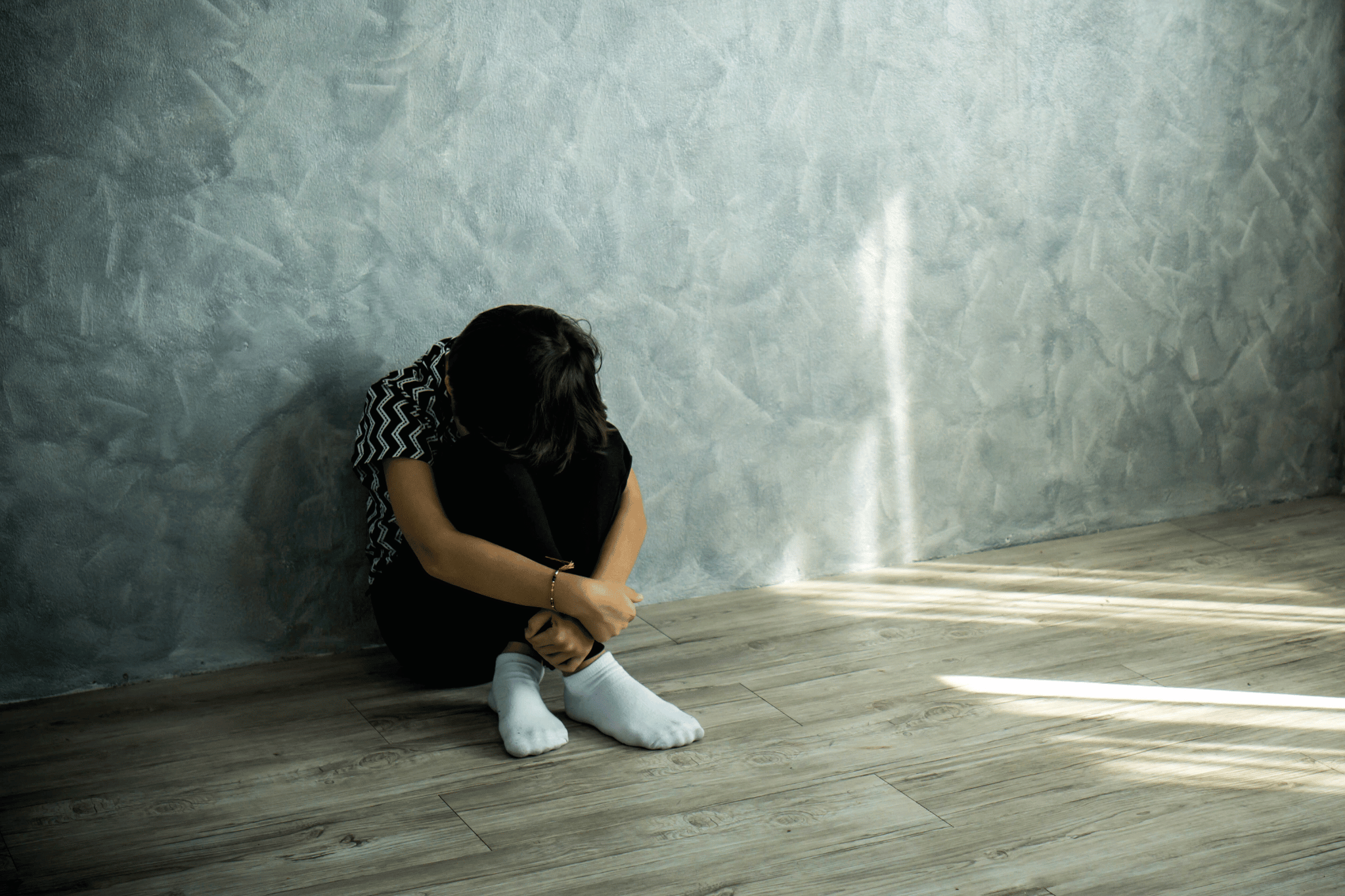Understanding Depression in Teens: Signs and Solutions

Dealing With Adolescent Pressures
Recognizing Adolescent Depression
- Changes in sleep, appetite, or weight
- Constant fatigue or low energy
- Trouble with attentionor motivation
- Feelings of guilt, shame, or worthlessness
- Physical complaints like headacheor stomach pain
- Loss of interest in activities
- Thoughts of deathor suicide

Treating Adolescent Depression
- Family counseling
- School-based interventions
- Alternative medicineor mindfulness
- Peer support groups
- Crisis support through 988
Why Is My Child Depressed?
- Genetics or family history of depressionor mental illness
- Traumatic events, violence, or unresolved grief
- Academic or social pressures
- Low self-esteem
- Bullying or harassment
- Social isolation
- Substance use or drugexposure
- Medical conditions
What Is the Treatment for Depression in Teens?
- Individual or group therapy
- Medicationsuch as antidepressants
- Parentor caregiversupport sessions
- Improved sleepand exercise routines
- School support services
- Monitoring through regular check-ins at a clinic

How Does TherapyHelp Teens Who Are Depressed?
3 Key Symptoms of Severe Depression in Teens
- Thoughts of deathor suicide– including talking about dying or self-harm
- Complete loss of interest in all activities – no joy in hobbies, school, or friendships
- Persistent negative feelings– hopelessness, guilt, irritability, or lack of motivationevery day
What Are the Criteria for Depression?
- Ongoing sadness or hopelessness
- Lack of interest in nearly all activities
- Significant weightor appetitechange
- Sleepissues like insomniaor oversleeping
- Trouble concentrating or making decisions
- Fatigue or low energy
- Thoughts of deathor suicide
- Feelings of guilt, shame, or worthlessness
- Slowed physical movement or restlessness
How Many Teens Have Depression?
Help for Teen Depressionin Orange County
Why Choose Adolescent Mental Health
Frequently Asked Questions About Teen Depression
1. How do I know if my teen is depressed or just going through a phase?
It’s normal for teens to experience mood changes, but depression lasts longer and affects daily life. Look for signs like persistent sadness, withdrawal from friends, sleep problems, low energy, or talk of hopelessness. If these symptoms last more than two weeks, it may be depression. A mental health professional can provide a proper evaluation.
2. What is the most effective treatment for teen depression?
The most effective treatment often includes a combination of therapy and, when needed, medication. Cognitive behavioral therapy (CBT) is commonly used to help teens change negative thought patterns and improve coping skills. In more severe cases, antidepressants may be prescribed. Family involvement and regular follow-ups also improve outcomes.
3. Can depression in teens be prevented?
While not all cases can be prevented, early support, healthy communication, and access to mental health care reduce the risk. Encouraging open conversations, limiting screen time, helping teens manage stress, and addressing bullying or trauma early can all make a positive difference. Screening tools and early intervention are key.
4. When should I seek professional help for my child?
You should seek help if your teen shows signs of depression that last for more than two weeks, talks about death or self-harm, or stops participating in normal activities. A professional can assess the situation and recommend treatment. Reaching out early can prevent symptoms from getting worse and help your teen recover.









